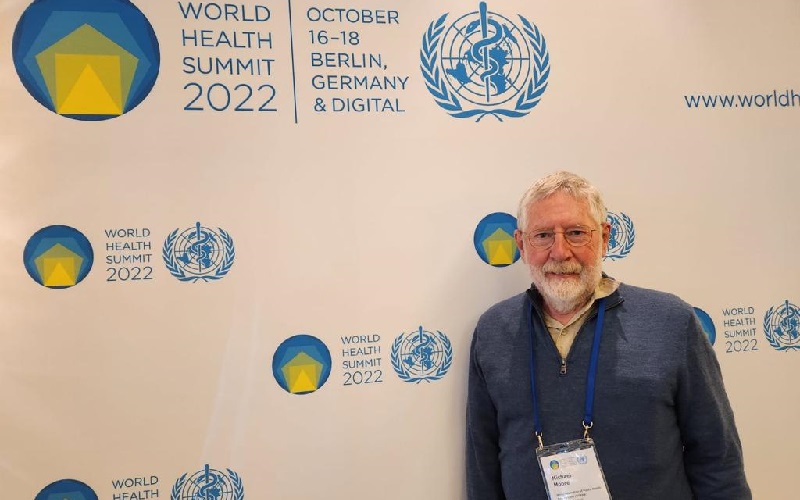
Woman, Life, Freedom: Call to Stop the Continuous Suppression of the Iranian Population

Woman, Life, Freedom: Call to Stop the Continuous Suppression of the Iranian Population
News
Oct 26, 2022
The World Federation of Public Health Associations (WFPHA) is the worldwide civil society organization that represents over 5 million public health professionals in 130 countries.
The WFPHA knows that without freedom, without the full participation of women, there is no life possible and, therefore, no health. In the last few weeks, the population of Iran has risen to claim their freedom. The world has seen that the government’s reaction toward its own population has been brutal. This behavior has to be condemned.
The WFPHA calls upon the United Nations and all governments to act now to stop the continuous suppression of the Iranian population, as well as the corporations, to stop financing the regime.
Furthermore, the WFPHA calls on the worldwide civil society to join in this call.
Women and men of Iran who want their freedom: the public health community stands with you!






Recent Comments